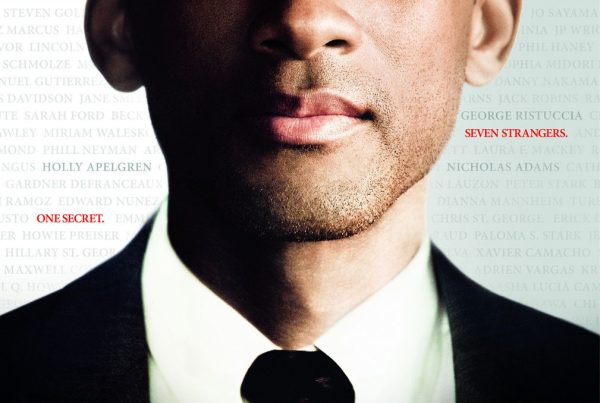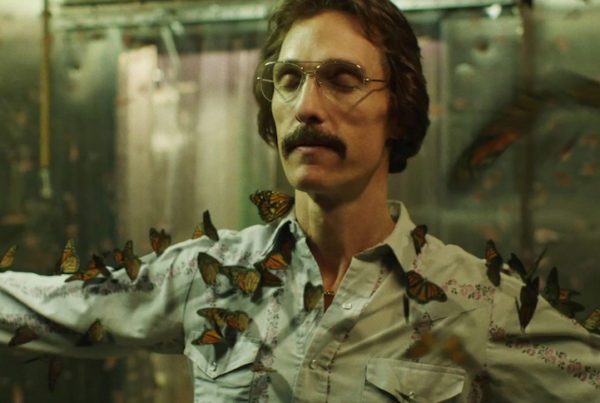Al Barry has been the conscience of New Zealand documentary-making for over 40 years. In 1973, he sailed to Mururoa with his camera to record the protests over French nuclear testing and in 1979 he formed — along with Rod Prosser and Russell Campbell — the Vanguard Films collective of progressive filmmakers who produced a series of documentaries about the increasing friction between the authoritarian Muldoon government and the labour and nuclear-free protest movements, including Wildcat (following the 1977 timber workers’ strike) and Islands of the Empire (about New Zealand’s dependent military relationship with the United States).
In 1988, Al released the first in what would become his life’s work — a series of films making up a comprehensive history of New Right politics in New Zealand and the steady destruction of the welfare state and the post-war liberal consensus. Someone Else’s Country cost only $40,000 to make and was a surprising success, prompting him to follow up with In a Land of Plenty (2002), A Civilised Society (2007) and then an adaptation of Nicky Hager’s investigation into political corruption, The Hollow Men in 2008.
His latest film, Hot Air (co-directed with Abi King-Jones), is about the politics of climate change — what he describes as “the mundane nature of this catastrophe and the global response to it… you know, just ordinary folks like you and I who happened to be in positions of power and for very ordinary human reasons didn’t do anything or do enough”. It takes much the same filmmaking approach as his previous pictures: assembly of a case through a painstaking trawl through years of television archives in order to find evidence of the key players essentially convicting themselves with their own testimony.
At least this part of the job is getting easier, thanks to technology. The Auckland University Chapman Archive of all television news and current affairs broadcasts since 1984 has long been a treasure trove of New Zealand history and is now available for review by the general public at the Film Archive.
Alister testifies: “The Film Archive and the New Zealand Television Archive have been wonderful resources right through the different stages of the process, from looking at it on paper using the TVNZ database through to going down to the basement at the archive and spending hours and hours and hours looking at their recordings of every news programme over the last ten years or so, which now can be viewed there for free. You can go and look at history unfolding as each day goes by in the six o’clock news.”
Making a film might be getting easier, but funding it and then getting it in front of an audience is getting more difficult, and Al is grateful for the attention the New Zealand International Film Festival provides: “In a funny way it has become more important because we’ve got a stage (or a screen) where the films can be shown and not lost in the deluge, and people like yourself, for example, and indeed this conversation that we’re having now, mean that films like ours do get pointed out.”
[Printed in the July issue of Wellington’s FishHead magazine.]Update: Here’s the trailer for Hot Air, playing in Wellington on July 31 at 6.15pm and August 6 at 11.00am (Paramount).



